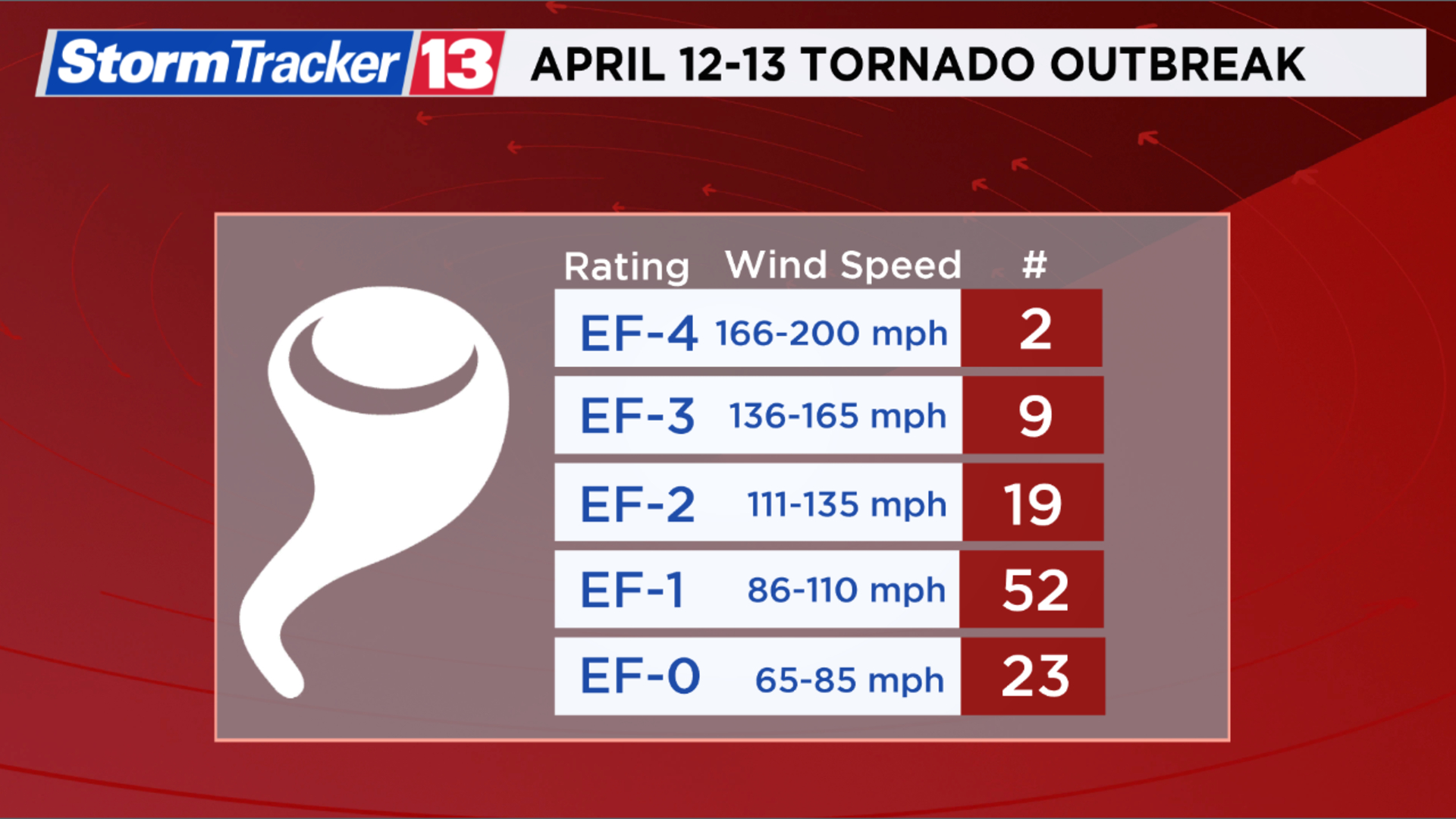When people think of severe weather in Florida they immediately think of hurricanes. But tornadoes are also a common threat in the Sunshine State.
Typically tornadoes here are relatively weak and occur most often during the summertime. They tend to begin as waterspouts that move onshore and fall apart fairly quickly.
Tornadoes that threaten Tampa Bay during the late winter and spring months can be a little spicy. This has to do with a clash of air masses along with strong upper-level winds fueled by the jet stream.
Strong cold fronts originating from up north still sweep through Florida during the spring months. The cold, dry air clashes with the warm humid air often leading to thunderstorms. These storms tend to form into a squall line over the Gulf of Mexico and sweep through Florida’s West Coast. Often times, these lines produce tornadoes, many times at night. These tornadoes can be stronger and last longer than summertime tornadoes produced along a sea breeze.
While Florida receives more tornadoes per 10,000 square miles than any other state, they tend to be weak and cause minimal damage. Most of our tornadoes occur during the summer, especially June. Summertime tornadoes are usually generated from thunderstorms that form along a sea breeze. These tornadoes last just a few minutes and are generally rated EF-0.

Tropical systems can generate tornadoes around our area too. The best chance for this to occur is during the fall season where Tampa grows most susceptible for tropical systems. A recent example of a tropical induced tornado was during Nestor in October when an Ef-2 tornado tracked through Polk County causing extensive damages to some communities such as Kathleen.
The big takeaway is that tornadoes can strike Tampa Bay any time of the year. The stronger tornadoes tend to strike our area during the late winter and spring months, often times at night. A recent example of this was in early February when a tornado tracked 9 miles across Pinellas County, collapsing a home and injuring one person.
Anytime severe weather threatens Tampa Bay, it is always good to have a plan in place and know what to do should a tornado warning be issued for your area.
What to Do if You're Under a Tornado Warning
- If you can safely get to a sturdy building, then do so immediately.
- Go to a safe room, basement, or storm cellar.
- If you are in a building with no basement, then get to a small interior room on the lowest level.
- Stay away from windows, doors, and outside walls.
- Do not get under an overpass or bridge. You’re safer in a low, flat location.
- Watch out for flying debris that can cause injury or death.
- Use your arms to protect your head and neck


